Optimal Timing for Siding Service
Determining the optimal time for siding service depends on various factors including weather, temperature, and the specific type of siding. Proper timing ensures effective installation, repair, or maintenance, leading to longer-lasting results and better performance of the siding material.
Spring offers moderate temperatures and longer daylight hours, ideal for siding installation and repairs. It allows for thorough work before the heat of summer or cold of winter.
Summer can be suitable for siding work, especially in early months. However, high temperatures and humidity may affect certain materials and curing times.
Fall provides cooler weather and less humidity, making it a good time for siding projects. It also allows for completion before winter sets in.
Winter is generally less ideal due to freezing temperatures and potential snow or ice, which can hinder installation and affect siding adhesion.
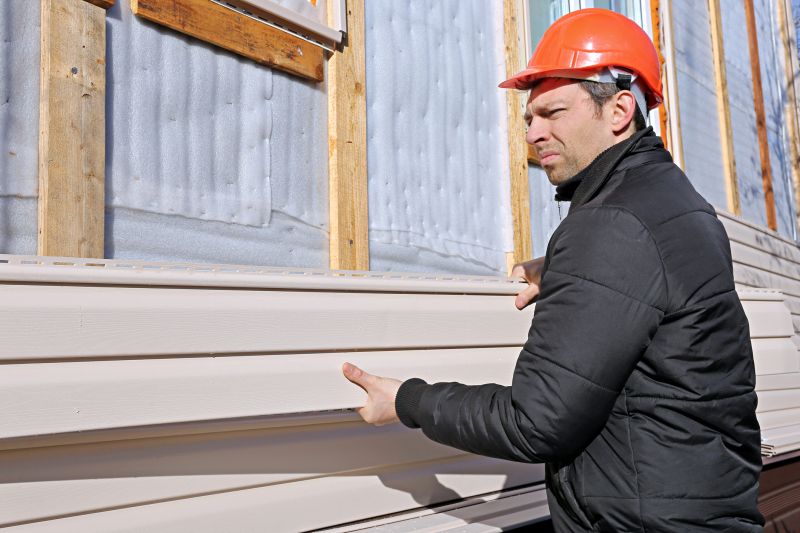
Ways to make Siding Service work in tight or awkward layouts.
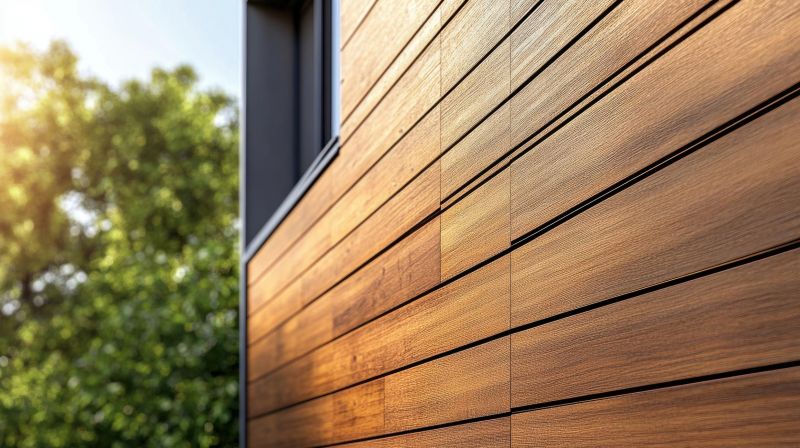
Popular materials for Siding Service and why they hold up over time.
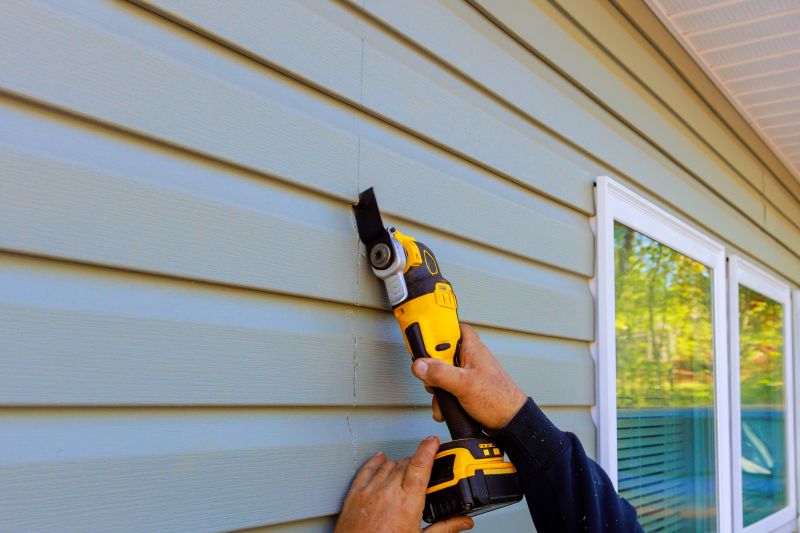
Simple add-ons that improve Siding Service without blowing the budget.
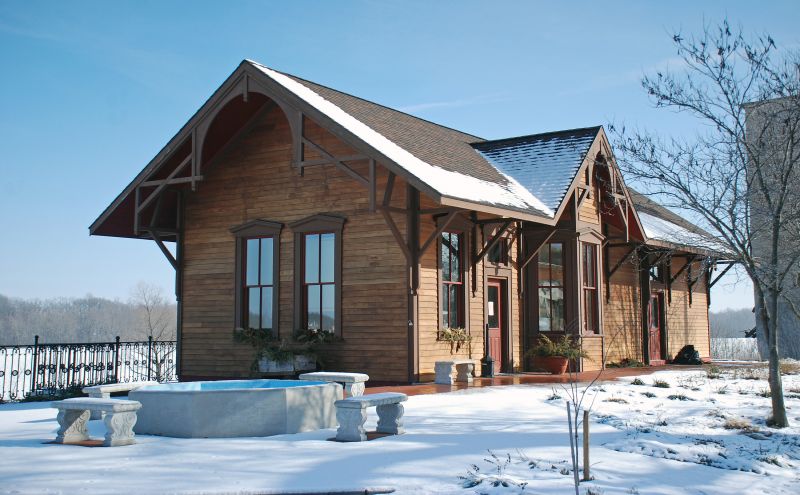
High-end options that actually feel worth it for Siding Service.
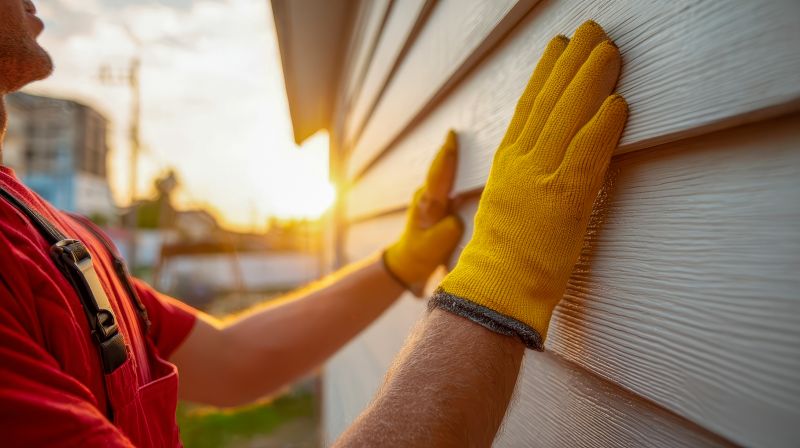
Finishes and colors that play nicely with Siding Service.
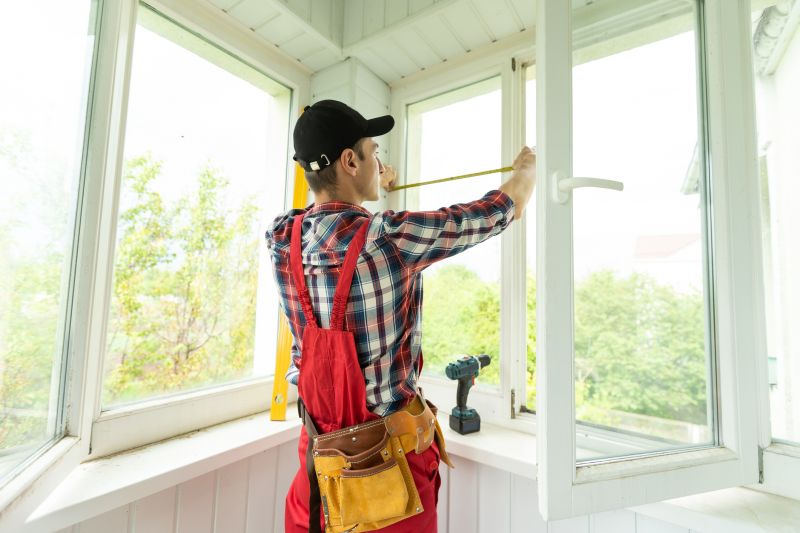
Little measurements that prevent headaches on Siding Service day.
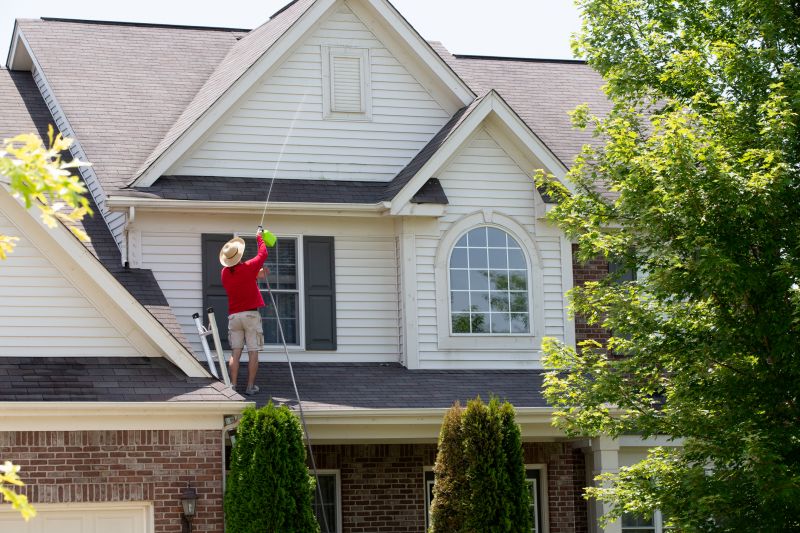
A 60-second routine that keeps Siding Service looking new.
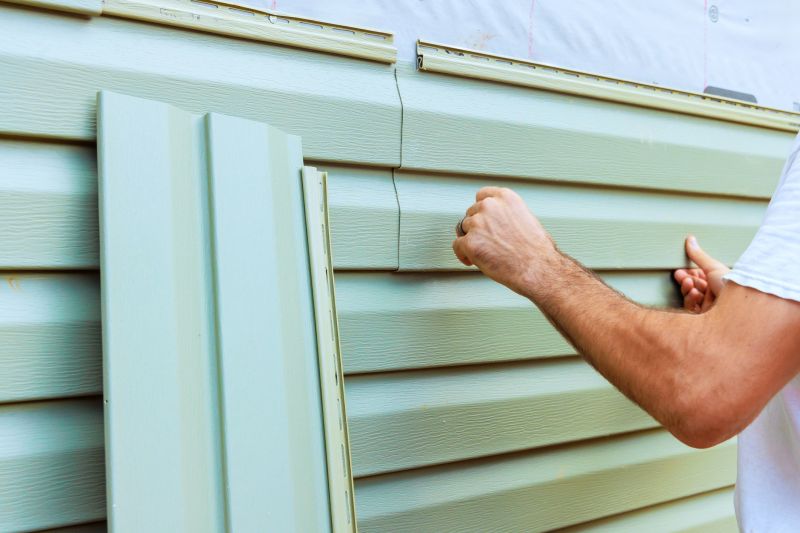
A frequent mistake in Siding Service and how to dodge it.
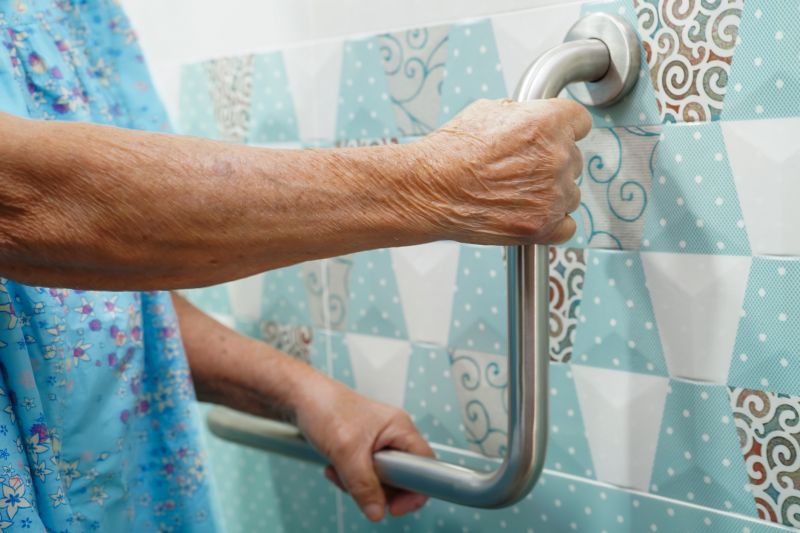
Small tweaks to make Siding Service safer and easier to use.
| Season | Ideal Timing |
|---|---|
| Spring | Late March to early June |
| Summer | Early June to late August |
| Fall | September to November |
| Winter | December to February |
| Late Spring | April and May |
| Early Fall | September and October |
| Late Fall | November |
| Early Spring | March |
Siding service is an essential part of maintaining the exterior of a building. It protects against weather elements, enhances curb appeal, and can improve energy efficiency. Proper timing ensures that siding is installed or repaired under optimal conditions, reducing the risk of issues such as warping, cracking, or improper adhesion. Regular maintenance and timely upgrades can extend the lifespan of siding materials, which vary from vinyl and fiber cement to wood and metal.
Statistics indicate that siding can last between 20 to 40 years depending on the material and exposure to environmental factors. Proper installation during suitable weather conditions can significantly influence the durability and performance of siding. For example, vinyl siding is most effective when installed in moderate temperatures, avoiding extreme cold or heat that can cause warping or improper sealing.
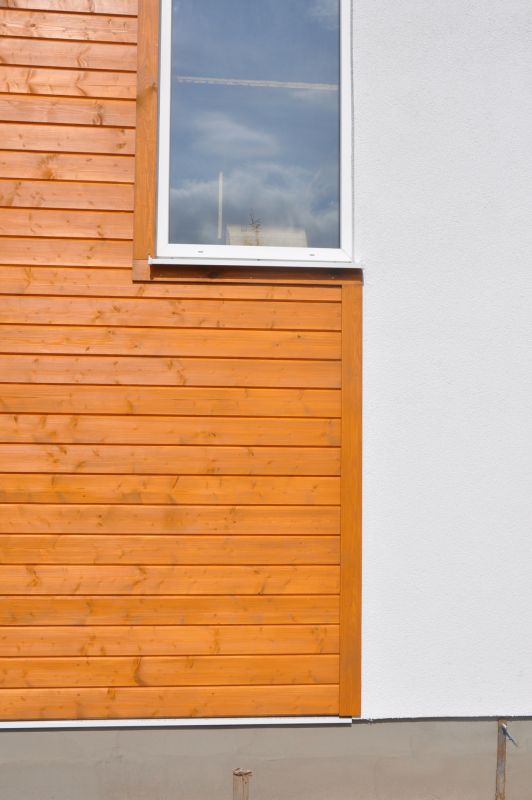
Lower-waste or water-saving choices for Siding Service.
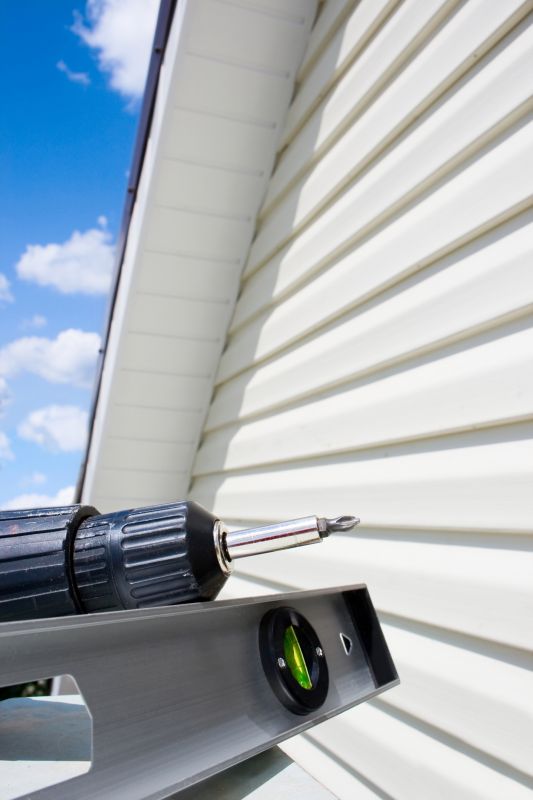
The short, realistic tool list for quality Siding Service.
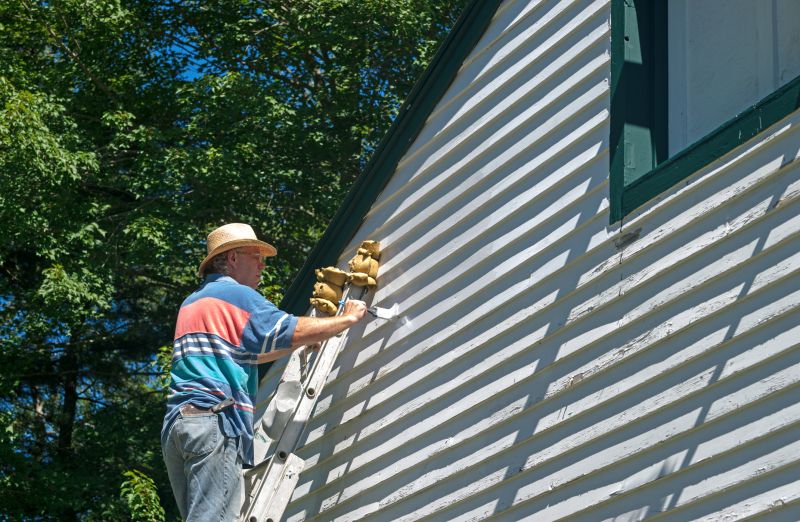
Rough timing from prep to clean-up for Siding Service.
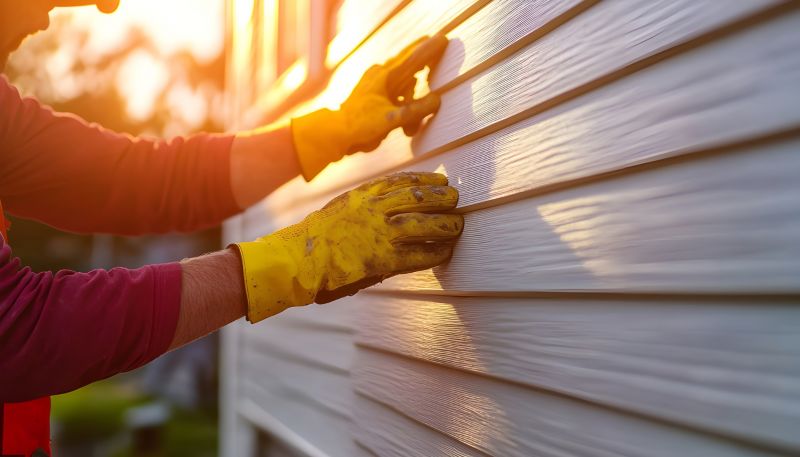
Quick checks and paperwork to keep after Siding Service.
Interested in scheduling siding service? Filling out the contact form can provide additional information and help plan the project during the most suitable season. Proper timing can contribute to the longevity and appearance of the siding, ensuring it performs well for many years.
